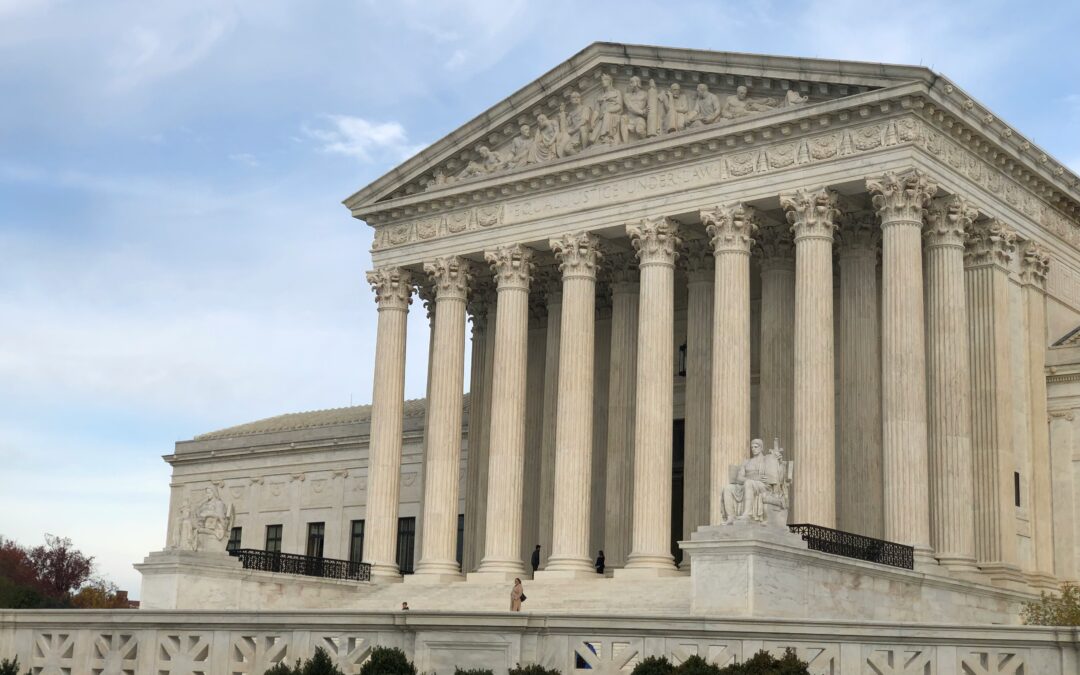The battle against drug abuse and addiction is a complex, multifaceted issue. In Virginia, as in many states across the United States, a legislative framework plays a crucial role in how drug-related problems are addressed. One of the cornerstones of this framework is the Controlled Substances Act (CSA). Understanding this act is important not only for legal professionals but also for anyone working in public health, law enforcement, or policy-making related to drug control measures.
We will dissect the intricate workings of the CSA, focusing specifically on its implications in Virginia. We will address issues such as the scheduling of controlled substances, the role of the DEA, and how the CSA intersects with efforts to combat addiction through prevention and treatment programs.
What is the Controlled Substances Act (CSA)?
To understand the impact of the CSA, we must first grasp its definition and scope. The CSA is the federal U.S. drug policy under which the manufacture, importation, possession, use, and distribution of certain substances are regulated. The Act categorizes substances into five schedules based on their potential for abuse, their accepted medical use, and the potential to create severe psychological or physical dependence.
Established as Title II of the Comprehensive Drug Abuse Prevention and Control Act of 1970, the CSA aims to streamline the complexities of varied state drug laws into a unified legislative framework. This act is the basis for most state laws related to controlled substances and provides the foundation for drug control in the U.S.
The Impact of CSA in Virginia
For any piece of federal legislation, the impact at the state level can be profound, and this is certainly the case with the CSA. Virginia, known historically for its rigid statutory stance on illegal drug use, has layered the restrictions and consequences set forth by the CSA with its own legal framework.
Scheduling of Controlled Substances in Virginia
The CSA’s schedules provide a means of classifying substances, with Schedules I and II holding the most significant restrictions and penalties. In Virginia, these classifications are mirrored closely, influencing the severity of legal repercussions for unauthorized activities related to these substances.
The schedules are not set in stone, and substances can be added or removed through the legislative process. One notable recent example is the legalization of cannabis for medical use, which saw a scheduling change reflecting a shift in societal attitudes and medical understanding.
Drug Enforcement Administration (DEA) in Virginia
Virginia, as part of the United States, is subject to the oversight and regulations of the DEA. This federal agency plays a critical role in enforcing the CSA by investigating and prosecuting individuals and organizations involved in drug trafficking and abuse.
The DEA operates across Virginia, using intelligence-driven investigative techniques to identify and dismantle drug operations. Its efforts are synchronized with both state and local law enforcement to effectively combat the distribution of controlled substances in the region.
Interactions with State and Local Law
The CSA’s influence is not exclusive; it is a part of a larger web of laws and policies that dictate how Virginia addresses drug-related issues. State and local law enforcement play a critical role in the day-to-day application of the CSA, particularly when it comes to arrests, prosecutions, and sentencing.
Virginia’s legal system is uniquely poised to render judgments on drug-related crimes, often resulting in severe penalties for offenders. The CSA informs and empowers these legal processes, shaping the state’s response to drug abuse and addiction.
The Intersection of CSA and Addiction Treatment in Virginia
While the CSA is primarily known for its punitive measures, it also intertwines with efforts to tackle addiction through treatment and rehabilitation.
Controlled Substances and Medication-Assisted Treatment (MAT)
MAT has revolutionized addiction treatment, particularly in opioid use disorder scenarios. Substances such as methadone and buprenorphine, themselves falling under the CSA’s purview, are used as part of MAT programs to reduce withdrawal symptoms and cravings, allowing people to focus on their recovery.
The strict regulation and oversight of these substances ensure that they are used appropriately and that individuals in treatment are provided with the necessary support. In Virginia, efforts to expand access to MAT represent a significant policy shift aimed at leveraging the CSA to address addiction more comprehensively.
The Role of Prevention and Education
Prevention and education are foundational in the fight against drug abuse. Public awareness campaigns, school programs, and community outreach initiatives play a key role in reducing the overall demand for controlled substances.
In Virginia, CSA-informed strategies are integrated into prevention and education efforts, ensuring that the community is aware of the risks and legal ramifications associated with drug abuse. These campaigns are designed to dissuade potential abusers and provide resources for those seeking help.
Rehabilitation and Recovery Programs
Rehabilitation and recovery programs form the heart of Virginia’s approach to combating addiction. These programs, including both inpatient and outpatient services, are designed to support individuals in overcoming their dependence and building a path to a substance-free life.
The CSA’s role is evident in the regulations that govern the operation of such programs, ensuring that they are safe, effective, and in compliance with federal and state laws. This alignment allows Virginia to benefit from resources and funding tied to CSA compliance, further bolstering its addiction treatment efforts.
Contact Arrowwood Addiction Treatment Center Today
Are you or a loved one struggling with addiction in Virginia? At Arrowwood, our experienced and compassionate team offers evidence-based treatment programs tailored to each individual’s unique needs. From detox and therapy to aftercare planning, we provide comprehensive care to support long-term recovery.
Contact us today to learn more about our services and how we can help you or your loved one on the path toward a substance-free life.

